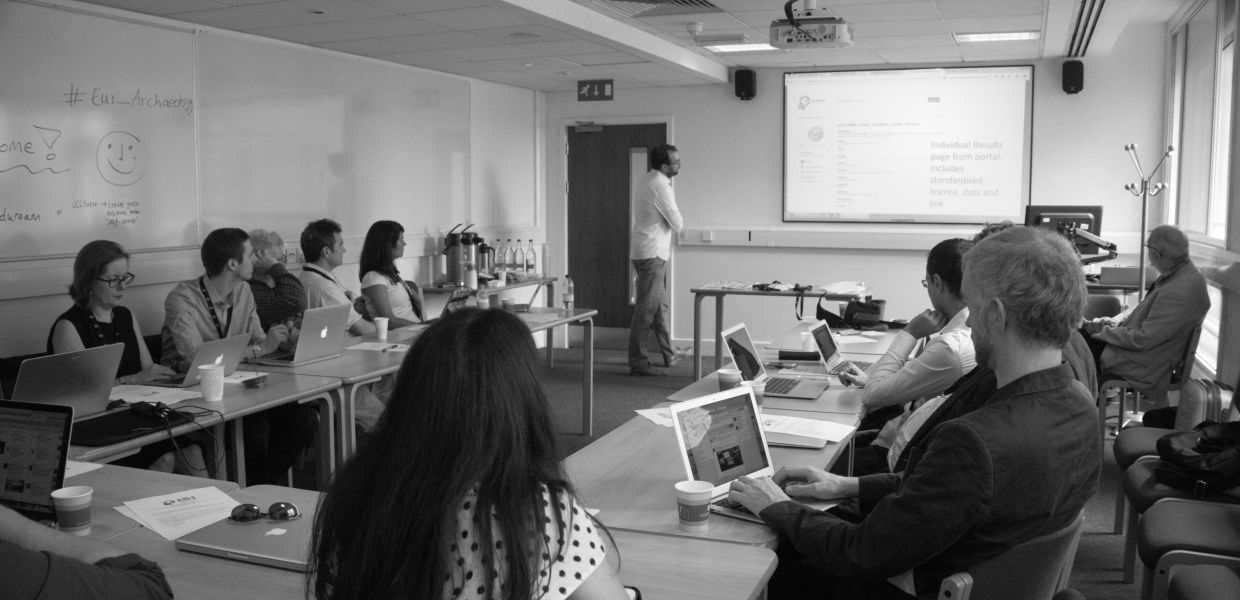Experts talk on tools, services and content priorities in Archaeology and the Classics
In July 2015, Europeana Research organized a workshop on Tools, Services and Content Priorities in Archaeology and the Classics which was hosted by the UCL Centre for Digital Humanities in London.

Archaeologists and scholars working on the Antiquity were invited to discuss and assess existing tools and content in the area, to review related Europeana content, to give insights about user requirements, to give advice on feasibility of Europeana working in that area with a focus on issues concerning the creation and use of related datasets and to specify additional content to be aggregated by Europeana. Two main sessions were held, the first being about excavation data and related content and the second about tools and services.
The first session of the workshop focused on data and related content in Archaeology and the Classics. The experts discussed issues associated with the different kinds of data, the ways those are made available and are being used, the data and metadata sharing and the use of data repositories and databases.
The second session of the workshop was focused on the availability of digital tools and services for research in Archaeology and the Classics, as well as their usability and accessibility.
The experts agreed that although there is not an obvious role for Europeana in helping the research community in Archaeology and the Classics with research questions, various opportunities exist when it comes to teaching, to offering paths for placing the data, and to metadata enrichment. The experts suggested that Europeana should improve access to more demanded content, should focus on connecting or contextualizing existing data from across Europe.
They also advised that Europeana should provide motivation for sharing metadata, and focus on users’ feedback on metadata as well as on different user groups, attempting to match them to particular sets of services. As for understanding user communities, it was suggested that researchers could more likely be interested in genres within disciplines (e.g. space in archaeology, time in geography) and, importantly, methodological areas that go beyond disciplines.
Finally, ontologies were proposed as a means to bring Europeana closer to the research community.
The full report on all Research Community Evaluation Reports can be found here: https://pro.europeana.eu/files/Europeana_Professional/Projects/Project_list/Europeana_Cloud/Deliverables/D1.7%20Research%20Community%20Evaluation%20Report.pdf
Get a glance from the Workshop here!
